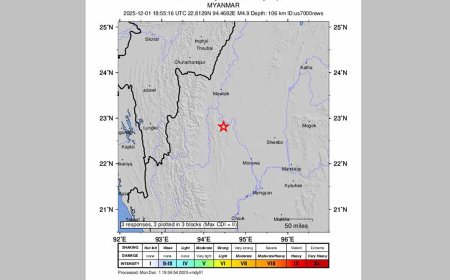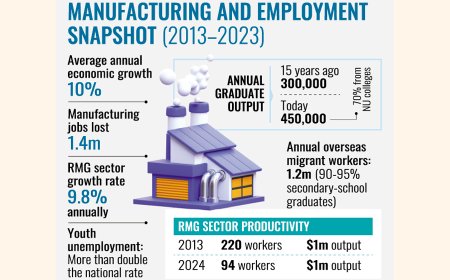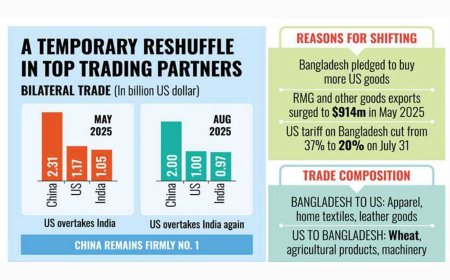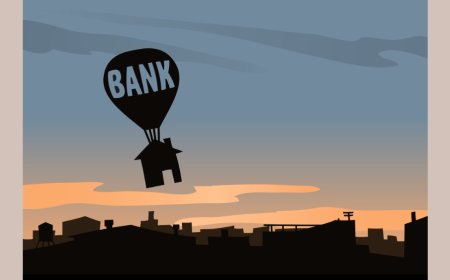Loan Rescheduling: New BB Scheme May Hurt Recovery
Moody’s States In Its Latest Report

Moody’s Ratings yesterday termed the Bangladesh Bank’s new loan rescheduling facility as “credit negative for banks,” cautioning that it could mask the true extent of stressed assets and weaken loan recovery.
On September 16, the central bank introduced a programme permitting the rescheduling of loans classified as special mention accounts (SMA) or non-performing loans (NPLs) as of June 30, excluding wilful defaulters. Under the scheme, banks may restructure such loans for up to 10 years with only a 2 percent minimum down payment and a two-year moratorium on both principal and interest. Written-off loans may also qualify with Bangladesh Bank’s approval.
Citing past experience, Moody’s noted that “lenient” rescheduling rules in July 2022 had triggered a surge in rescheduled loans with limited recovery. While the facility is intended to ease banks’ pressure by lowering provisioning requirements, the agency warned that it risks deferring recognition of asset risks and hampering recovery efforts, making it credit negative.
“Banks must ensure rescheduling is granted only to borrowers with genuine repayment capacity, backed by realistic cash flow projections. Without strict scrutiny, the scheme risks becoming a tool for evergreening distressed assets, undermining transparency,” Moody’s stressed.
The agency further highlighted that the scheme reduces the central bank’s supervisory role, since banks can approve rescheduling through their boards, except for loans above Tk 300 crore. This shift, it said, could encourage inconsistent practices and weaken credit discipline across the sector.
Moody’s also flagged concerns over the very low 2 percent down payment and the two-year grace period, noting that such terms “delay testing true repayment ability, potentially suppressing NPL ratios and obscuring underlying asset quality risks.”
The requirement to withdraw legal cases within 90 days of rescheduling “will likely weaken recovery efforts and raise losses if borrowers default again,” it warned.
While lower provisioning may temporarily lift bank profitability, Moody’s cautioned that it could also fuel higher dividend payouts—particularly in banks with weak risk management—leading to capital outflows at a time when the system needs to preserve capital.
“Without regulatory safeguards, this will worsen the existing capital shortfall,” Moody’s concluded.
What's Your Reaction?




















































































